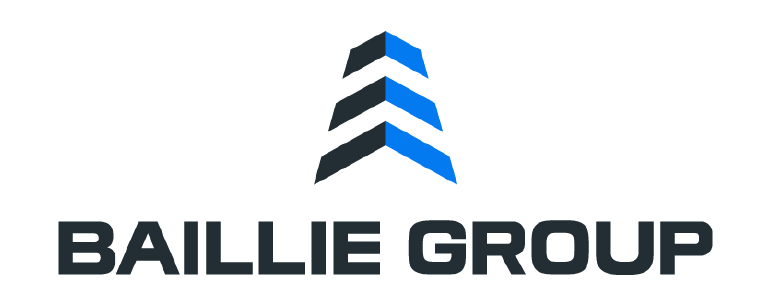The hardwood lumber industry is a crowded market. With hundreds of sawmills and hardwood suppliers for buyers to choose from you must be able to stand out in one way or another to be successful. For us, that pertains to each phase of the operation. Whether that be our certified foresters helping land owners properly harvest their land or our lumber traders offering lumber solutions to their customers, differentiation is key!
Some businesses instinctively opt for price differentiation, thinking that customers will flock to a company with a more “affordable” product. But we find it helpful to try to differentiate on offerings that provide value such as customer service, reliability, product excellence and/or customer relationships as determining factors.
All the members of the Baillie Group strive to emphasize creating better relationships! We place a high priority of focusing on our customer’s success. It’s even built-into the wording of our company purpose statement: “To Help Others Succeed.” We believe that customer loyalty is driven by the knowledge that purchasing our products will result in higher efficiency for customers and the future success of their company.
We believe that focusing on differentiation can yield tangible results. For one thing, it can make a huge difference between you and your competitors. Also, differentiation can boost your company’s overall reputation and brand awareness, so that prospective customers recognize your brand logo and company purpose as indicators of product quality and service that might be of most value to them.
So, when it comes to differentiation, here are a few things we always found helpful.
Start with a unique value proposition. In essence, a company’s unique value proposition (UVP) represents the promise it makes to deliver value to customers. When a UVP is clearly understood within the organization, it’s much easier to undertake the following steps towards differentiation. Communicate the message based on your target audience’s wants and needs and emphasize what your customer’s successful outcomes will be rather than your features, benefits or capabilities.
Build strong relationships. Some businesses stress the high quality of their customer/supplier relationships as a key differentiating factor. They recognize that certain customers value these relationships above nearly all other aspects of a transaction. These relationship-focused businesses also maintain contact with customers after a sale is made, reaching out proactively to answer product inquiries, respond to complaints, and update customers on new offerings that can make them even more successful!
Answer the question, “What’s in It for Me?” Otherwise known as WIIFM, this overarching customer question (and your customized answer) should be built into every transaction. Businesses with a ready response (and a commitment across the board to prioritize WIIFM) can quickly differentiate themselves in a crowded market, particularly if and when competitors are slack in their own responses.
Re-evaluate and refine. Markets change. Your offerings change. Customer’s needs change. As things evolve remember to revisit your differentiation strategy and if required adjust. That might mean making product changes, implementing new communication tools or developing a new competitive advantage that your customers find valuable. The point is, if you have a strategy that includes re-evaluation you are likely to sustain long term success!
Are there other best practices you can share on your differentiation experiences? Let us know. We would welcome the dialogue!
Tony Cimorelli
The Baillie Group

